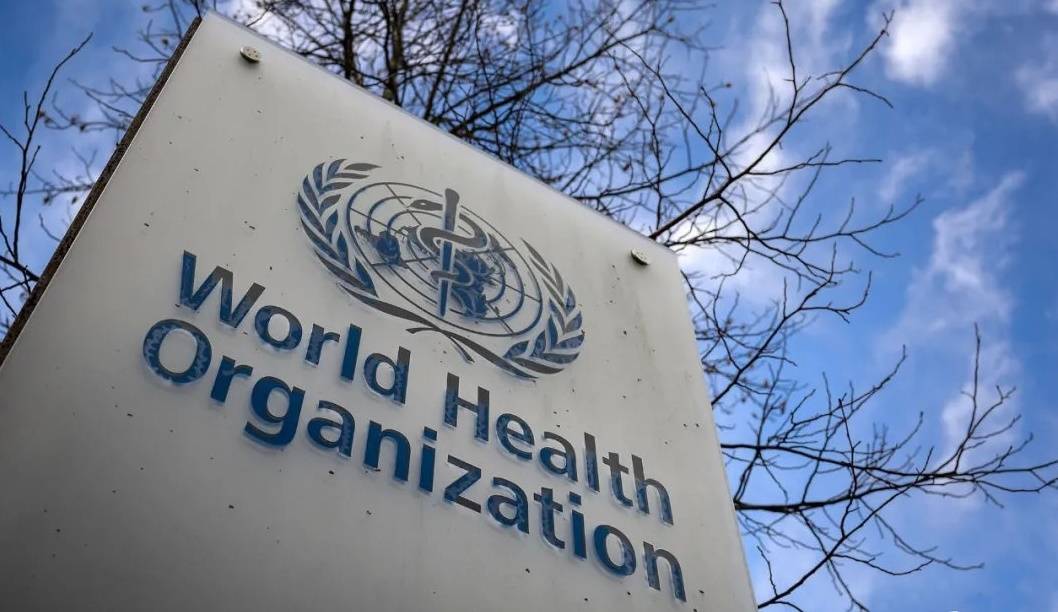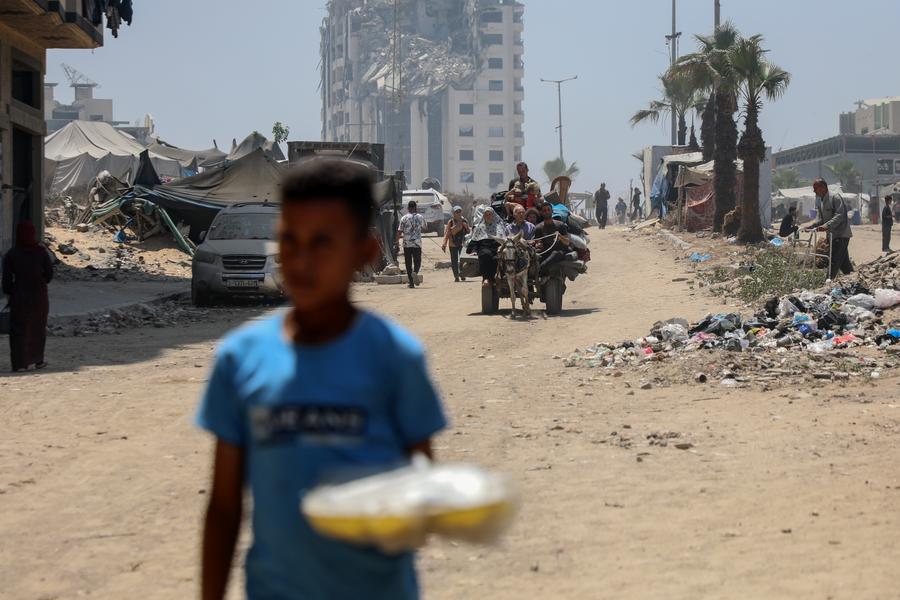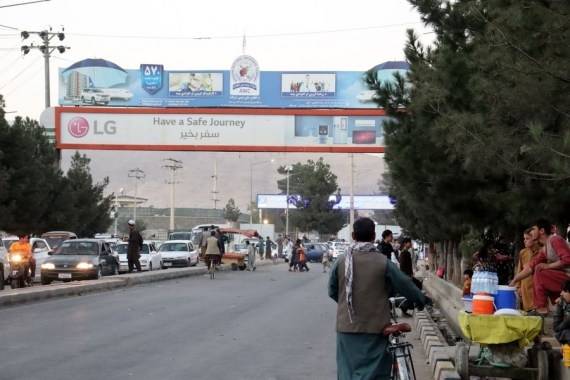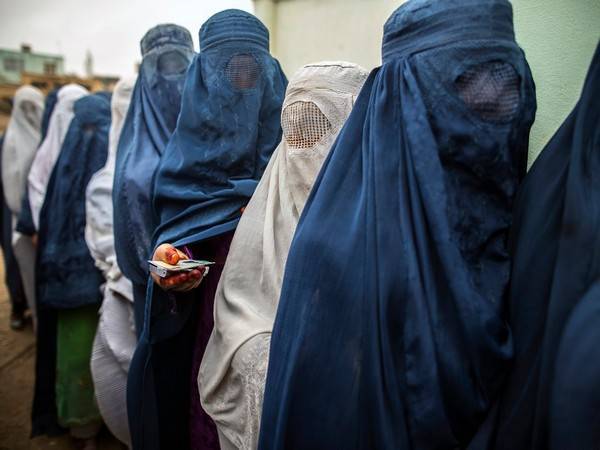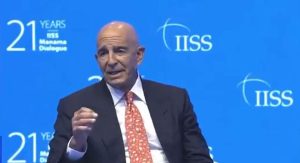While some countries are now rolling out blanket vaccine booster programs, three in four health workers in Africa still remain unvaccinated by the end of 2021….reports Asian Lite News
Blanket vaccine booster programs are likely to prolong the Covid-19 pandemic rather than ending it, as a result of unequal distribution of vaccines between rich and poor countries, the head of the World Health Organization (WHO) has warned.
WHO Director-General Tedros Adhanom Ghebreyesus told a news briefing that “diverting supply to countries already having high levels of vaccination coverage” will give the virus “more opportunity to spread and mutate”, Xinhua news agency reported.
WHO has previously called on countries to reach a target of vaccinating 40 percent of their populations by the end of the year, but only half of WHO member states have been able to make it, which has largely been a result of the global inequity of vaccine distribution, according to Tedros.
While some countries are now rolling out blanket vaccine booster programs, three in four health workers in Africa still remain unvaccinated by the end of 2021, a year since the first vaccines were administered, he said.
If those vaccines had been distributed equitably, the 40 percent target could have been reached in every country by September, he added.
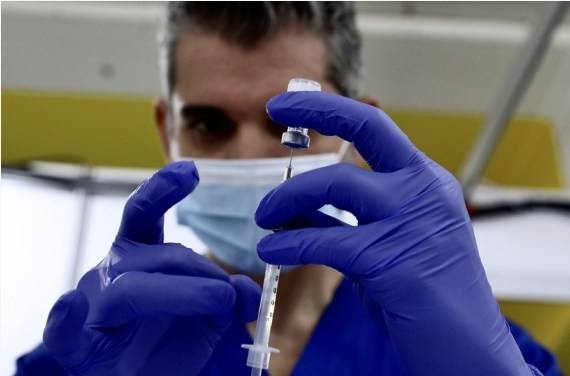
As vaccine supply continues to improve, WHO projections have shown that it should be sufficient to vaccinate the entire global adult population and to give boosters to high-risk populations by the first quarter of 2022, but only later in 2022 will supply be sufficient for extensive use of boosters in all adults.
Also on Wednesday, the WHO Strategic Advisory Group of Experts on Immunization (SAGE) issued an interim statement on booster doses. Although SAGE confirmed that vaccine effectiveness against severe Covid-19 decreased by about eight percent over a period of six months in all age groups, particularly in adults above 50 years, it still remained cautious on booster programs.
SAGE warned that “in the context of ongoing global vaccine supply constraints and inequities, broad-based administration of booster doses risks exacerbating vaccine access by driving up demand in countries with substantial vaccine coverage and diverting supply, while priority populations in some countries, or in subnational settings, have not yet received a primary vaccination series.”
It thus called on booster programs to be evidence-driven and targeted to the population groups at highest risk of serious disease and those necessary to protect the health system.

